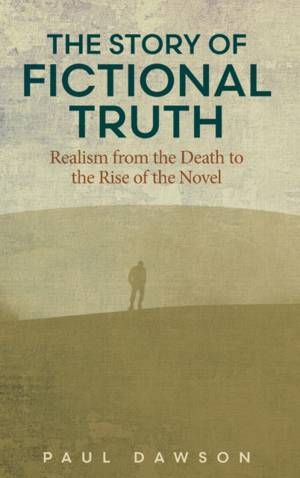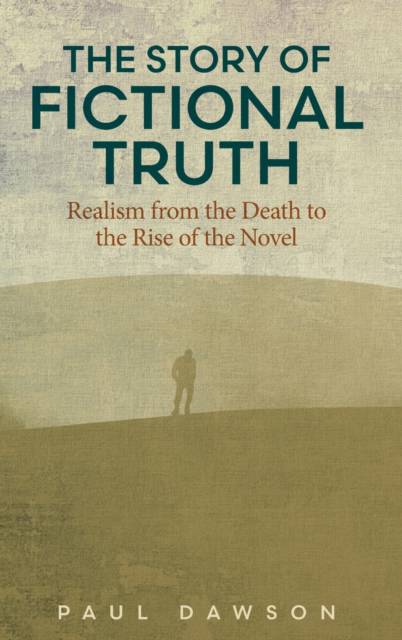
- Afhalen na 1 uur in een winkel met voorraad
- Gratis thuislevering in België vanaf € 30
- Ruim aanbod met 7 miljoen producten
- Afhalen na 1 uur in een winkel met voorraad
- Gratis thuislevering in België vanaf € 30
- Ruim aanbod met 7 miljoen producten
Zoeken
€ 127,45
+ 254 punten
Omschrijving
In The Story of Fictional Truth, Paul Dawson looks anew at the historical relationship between the genre of the novel and the concept of fictionality, arguing that existing scholarship on the emergence of realist fiction has been shaped by the trope of the death of the novel. The unexplored logic of this premise is that the novel was born anticipating its own demise, with both its requiem and its reflexive origins legible in the ontological challenge of postmodern metafiction. To test this logic, Dawson traces shifting assumptions about what constitutes the illusion of fictional truth from early novels such as The History of Miss Betsy Thoughtless (1751) to contemporary autofiction such as Megan Boyle's Liveblog (2018). In doing so, he contests and revises long-held views about the origins and functions of key formal features of the realist novel by investigating when and how they came to be seen as signposts of fictionality. Through this history, The Story of Fictional Truth opens up new ways to understand the novel's afterlife in a post-truth digital age characterized by a collapse of referentiality.
Specificaties
Betrokkenen
- Auteur(s):
- Uitgeverij:
Inhoud
- Aantal bladzijden:
- 282
- Taal:
- Engels
- Reeks:
Eigenschappen
- Productcode (EAN):
- 9780814215470
- Verschijningsdatum:
- 15/02/2023
- Uitvoering:
- Hardcover
- Formaat:
- Genaaid
- Afmetingen:
- 152 mm x 229 mm
- Gewicht:
- 553 g

Alleen bij Standaard Boekhandel
+ 254 punten op je klantenkaart van Standaard Boekhandel
Beoordelingen
We publiceren alleen reviews die voldoen aan de voorwaarden voor reviews. Bekijk onze voorwaarden voor reviews.











